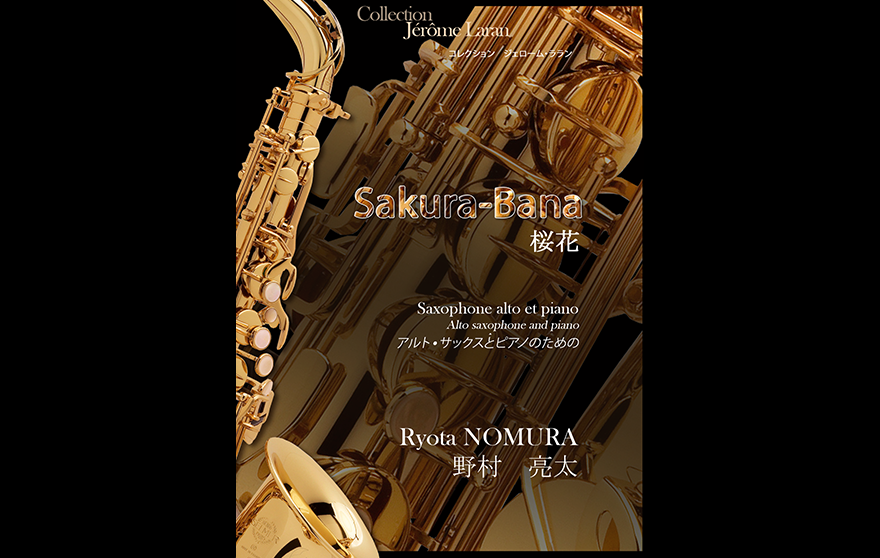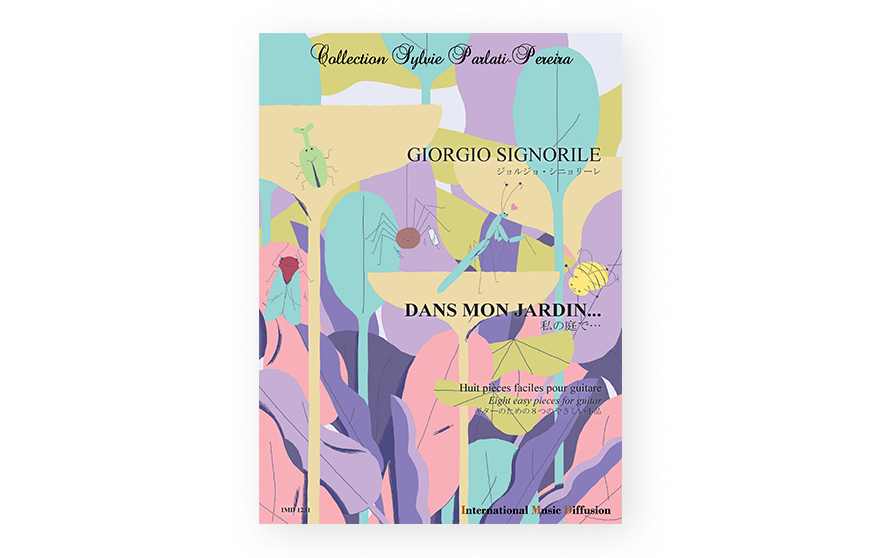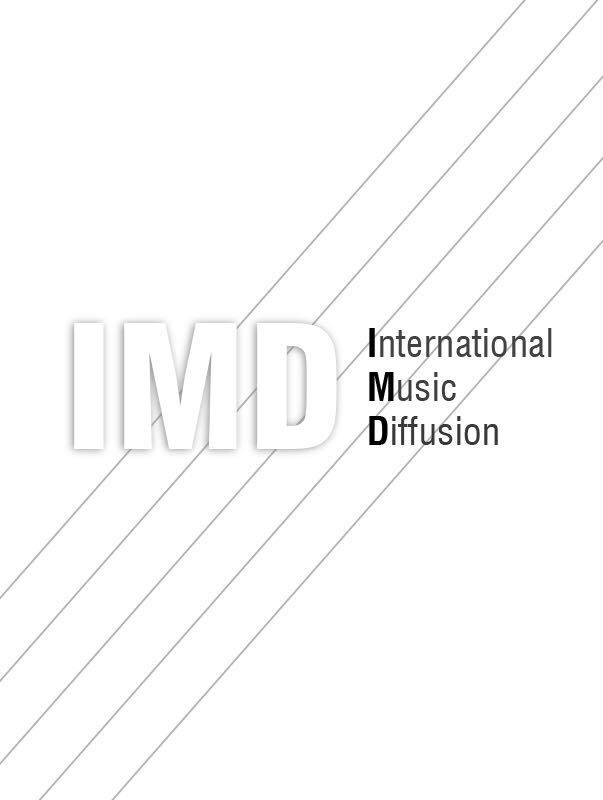Un parcours sur trois activités...
1- What is your musician background ?
My musical career has focused on three intensive activities: The National Orchestra of Lille punished me as an "E flat clarinet soloist"
More than forty years, the Conservatory of Arras retained me as an indestructible teacher for roughly the same period and chamber music forced me to endure the combined moods of a violist and a pianist for more than a hundred concerts! Of course, I had to get a few degree diplomas to deserve such an award (CA for teaching, CA for orchestras) and the Masters of Arts, which I sometimes thought was useless, helped me to "master" my language and sharpen this intellectual curiosity that is so precious when it comes to exploring areas that no one is interested personally..
2- What are your inspirations and musical influences?
My training was marked by the extraordinary talent of Henri Dionet, professor at the CRR of Versailles and soloist at the Paris Opera. The one I would call a model performer is Maurice Gabai, a soloist at the Paris Opera for decades, who possessed sound, technique and expressive warmth.
The one I admired as a colleague at the National Orchestra of Lille is Claude Faucomprez, a brilliant artist and… companion in misery! But all these personalities would be lonely in my inner world if it weren't for Callas, Sutherland, Freni, Gedda, Cappuccilli and all those legendary voices that lift music to ethereal heights. Moreover, I realize that my three “clarinetist” references constantly applied themselves to “singing” in their instrument…
The Jacques Merrer 's collection
3 - Can you show us your music collection?
The three axes of my initiatory journey will naturally be found in my collection.
The orchestra led me to publish 10 volumes of orchestral excerpts for clarinet in E flat or in D: a colossal work and certainly unique in the world, which required more than 20 years of patience and provoked several nervous attacks from my editor...
As a teacher, I want to publish pedagogical works of pure revenge (ranges, studies) which will, I hope, give some difficulties to current students and I count a lot on my Method which will soon be published, to access immortality.
Finally, chamber music leads to the expansion of the repertoire, from the 18th century to the present day: Molter, Albinoni, Vivaldi, alongside De Crépy, Gemrot, Gandrille, some helping others to perhaps know eternal glory...
4- How do you choose your music publishing?
They must always correspond to a musical interest either historical, or educational, or innovative by its alliances.
I obviously choose the composers according to my personal tastes (debatable) and my current culture (incomplete): the degree of sincerity in their writing is really essential in my eyes and especially in my ears, even if their style reveals a school radically different.
The main thing is to magnify my favorite instrument by placing it in an attractive environment: harpsichord, string quartet, organ (like Maurice André's trumpet!) or even a full orchestra. Why not one day publish other pages with song, accordion or bell fife? The list is not exhaustive, as long as the talent of the author allows the performer to find pleasure and the public not to fall asleep...
5- What do you want to convey through your music collection?
I strive to follow the same way that the bass clarinet took thirty years ago.
The bass clarinet was often considered a second-rate instrument: a few orchestral solos, rare highlights, a specific repertoire absent.
And then, there was Henri Bok and some great artists who gave rise to the birth of dozens of works. A new language was born with a complex grammar, an unprecedented technique and an unsuspected expressive capacity.
I hope the E-flat clarinet will follow the same rise, pulling the unjustly neglected D clarinet in its wake. But, while the bass clarinet owed its rise essentially thanks to contemporary creations, the "little clarinet" will draw on all eras to gild its coat of arms.
It is not a question of forgetting the B flat clarinet which, too, will not come out unscathed from my collection: the educational works are of course intended for all masochists!
From now on, you have to be an excellent Bb clarinetist before undertaking any specialty. It even seems that the little clarinet is not satisfied with little clarinettists…



